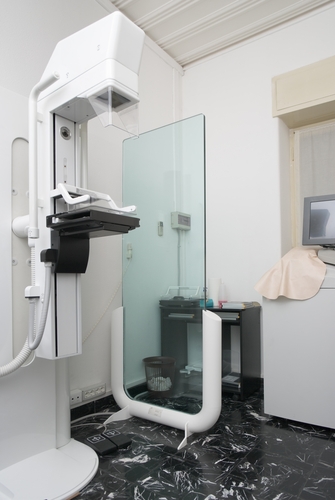Health care providers have been tasked with empowering patients to take control of their own care by participating in more clinical decision making. However, without proper communication, much of the information can be lost in translation and lead to significant complications down the road.
Traditionally, medical imaging specialists have limited contact with patients, though this appears to be changing as the push for patient-centered radiology becomes stronger. As a result, radiologists need to spend more time talking directly with patients and serve as their front-line communicators, FierceMedicalImaging explained.
To assist radiologists in the transition to more front-facing responsibilities, Stephen Brown, M.D., of Harvard Medical School and Boston Children's Hospital, developed the Program to Enhance Relational and Communication Skills for Radiologists. With the help of colleagues from the Institute for Professionalism and Ethical Practice, Brown held workshops designed to improve the social skills of digital imaging physicians. Attendees observed or participated in simulated patient encounters involving the communication of difficult news, admission of clinical errors and concerns about radiation dose.
Improving radiologists' communication skills allows patients to get the information they want as soon as possible. The more data they have at their disposal, the better decisions they can make about treatment strategies. In addition, radiologists ensure that complex diagnostic reports are discussed in depth by experienced imaging professionals rather than referring doctors.
Following the entire process improves reading accuracy
According to AuntMinnie.com, when radiologists follow imaging cases throughout the entire diagnostic process, their mammography screening performance improves dramatically. The data comes from researchers at the Group Health Research Institute in Seattle, Washington, led by Diana Buist, Ph.D.
"The purpose of this study was to examine radiologists' screening performance in relation to the number of diagnostic examination workups after abnormal findings are discovered at screening mammography performed by the same radiologist or by different radiologists," wrote the authors, quoted by the source.
Working closely with exams
To measure reading improvements, Buist and her team accessed data from more than 650,000 mammograms that were interpreted by 96 radiologists in the Breast Cancer Surveillance Consortium between 2002 and 2006. They also included cases from cancer registries to evaluate the physicians' cancer-detection and false-positive rates.
Of the 96 radiologists included in the study, 38 percent performed the entire diagnostic workup for 25 or fewer of their own mammograms, 24 percent completed workups for 26 to 50 cases, and 39 percent conducted full reports for more than 50 exams. Buist and her colleagues found that the greater volume of workups radiologists completed, the better their screening performances were due to full involvement throughout the case. Sticking with mammography studies from start to finish also helped doctors receive direct feedback on their clinical decision making, allowing for the opportunity to correct any errors and enhance communication.
These insights underscore the need for improved interpersonal skills and in-depth communication between radiologists and patients. If doctors spend more time working closely with each case, they can help provide better clinical outcomes.
Contact Viztek for more information.
Ronny Bachrach
Latest posts by Ronny Bachrach (see all)
- Konica Minolta Debuts First-of-Its-Kind Digital U-Arm System at AHRA - July 27, 2016
- Researchers Detect Signs Of Stroke Risk Using MRI - June 27, 2016
- Imaging Biz: Q&A with David S. Channin MD: How to Make PACS Patient Centered - June 22, 2016










